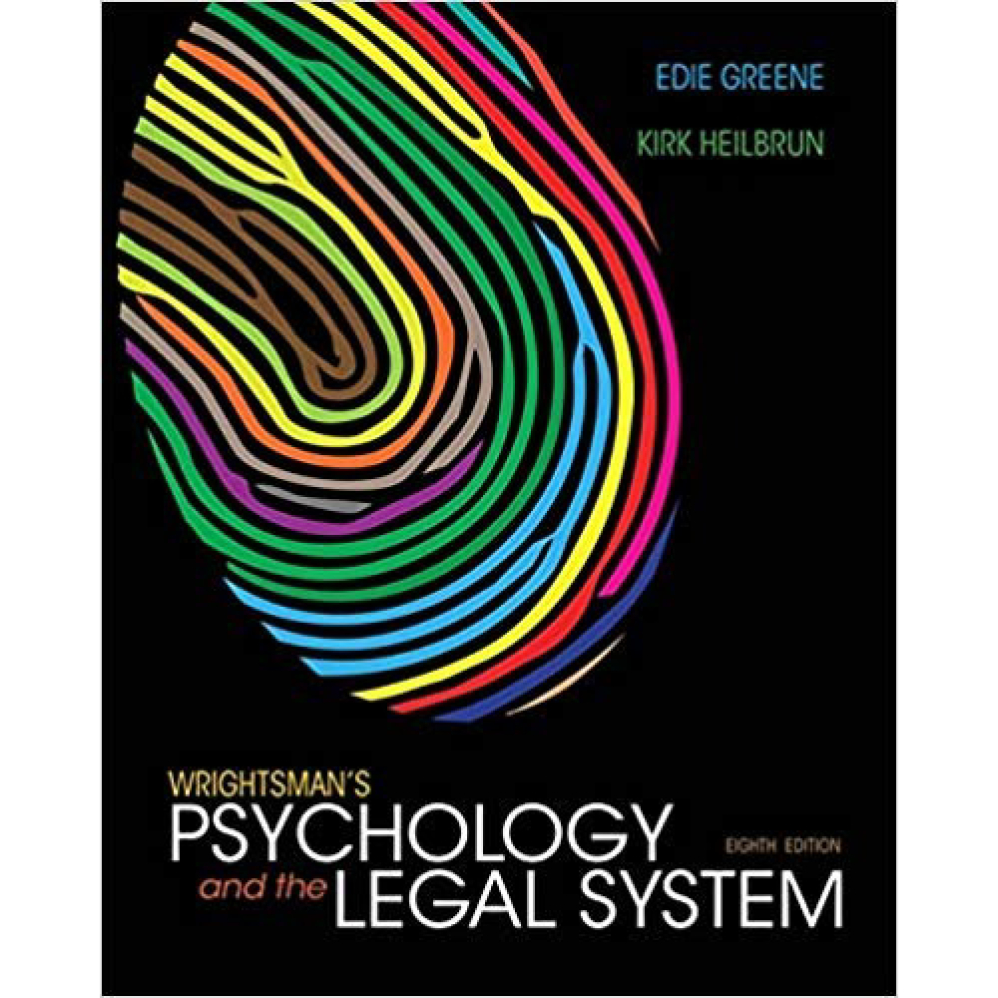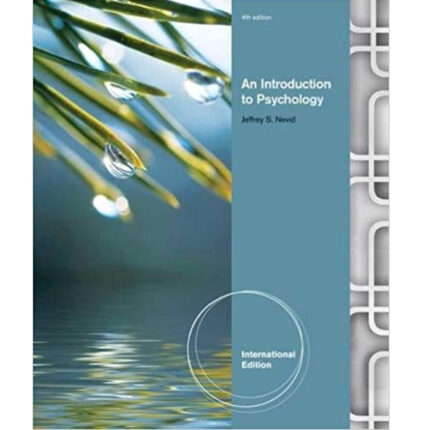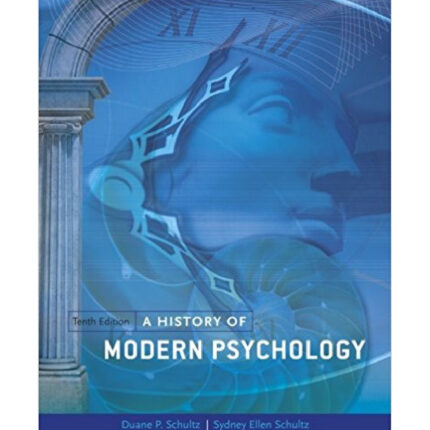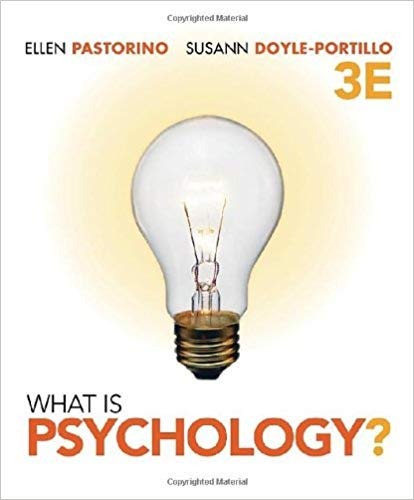Multiple Choice Questions
1. What condition needs to be met in order for an expert to be permitted to testify?
A. The topic of testimony needs to be relevant to the issue in dispute.
B. The usefulness of the testimony outweighs whatever prejudicial impact it might have.
C. The judge must believe that the testimony is based on sufficiently relevant and reliable scientific evidence.
D. all of the above
Answer: D Reference: Experts in the Adversarial System
2. According to Chapter 11, which of the following has not been stated as a concern regarding testimony by psychological or psychiatric experts?
A. The scientific foundations for a lot of the testimony offered in court are often less than adequate.
B. Much of the testimony is of limited relevance.
C. Experts do not get enough opportunities to testify about “ultimate issues” such as whether the defendant is insane.
D. Expert testimony is very expensive so the side with the most money has an advantage.
Answer: C Reference: Experts in the Adversarial System
3. Which of the following is not one of the criticisms of forensic mental assessments outlined by Grisso (2003)?
A. irrelevance
B. insufficiency
C. impartiality
D. ignorance
Answer: C Reference: Experts in the Adversarial System
4. Susan has been charged with murder, and she has pleaded not guilty by reason of insanity. The defense wants an expert to testify on the topic of Susan’s mental health status. If the defense were to comply with proposed reforms of expert testimony, how would this expert potentially be chosen?
A. The expert would be chosen from an approved panel of experts known for their objectivity and competence.
B. The expert would be chosen by the judge.
C. The expert would be paid a nominal amount of money.
D. all of the above
Answer: D Reference: Experts in the Adversarial System
5. One of the proposed reforms regarding expert testimony has been to bar any reference to “expert” testimony, and instead refer to
A. defense/prosecution testimony (depending on which side hired the person testifying).
B. approved testimony.
C. opinion testimony.
D. specialist testimony.
Answer: C Reference: Experts in the Adversarial System
6. Torts are part of
A. criminal cases.
B. civil cases.
C. workers’ compensation cases.
D. competency hearings.
Answer: B Reference: Psychological Damages to Civil Plaintiffs
7. Which of the following is not involved in proving a tort in a court of law?
A. duty
B. harm
C. breached duty
D. conservatorship
Answer: D Reference: Psychological Damages to Civil Plaintiffs
8. A proximate cause is one
A. which constitutes an obvious reason why a given harm occurred.
B. where there is not an obvious reason why a given harm occurred.
C. that immediately precedes the event in question.
D. that immediately follows the event in question.
Answer: A Reference: Psychological Damages to Civil Plaintiffs
9. Historically, the law has been reluctant to compensate for which of the following?
A. destruction of personal property
B. physical injuries
C. emotional distress
D. slander
Answer: C Reference: Psychological Damages to Civil Plaintiffs
10. The sailors who survived the capsizing of the Aleutian Enterprise filed a lawsuit against the company that owned the ship. They claimed that they suffered psychological harm (e.g., posttraumatic stress disorder (PTSD)) as a result of this event. What was the outcome of this case?
A. The court did not compensate them because they were not hurt physically.
B. They were compensated for their psychological injuries because they had been in the “zone of danger.”
C. The court did not compensate them because they were not close enough to the “zone of danger” to be eligible for compensation.
D. They were compensated because PTSD was diagnosed in all of the sailors by experts hired by both sides.
Answer: B Reference: Psychological Damages to Civil Plaintiffs













Reviews
There are no reviews yet.